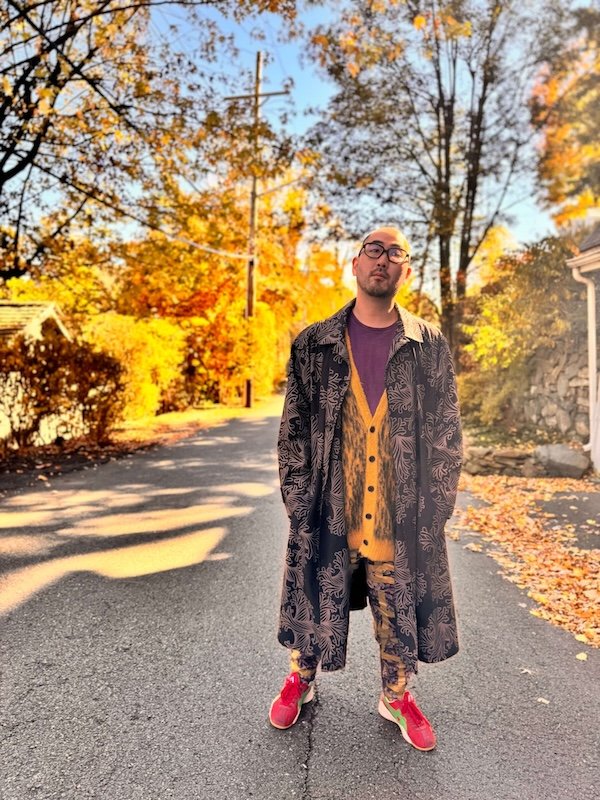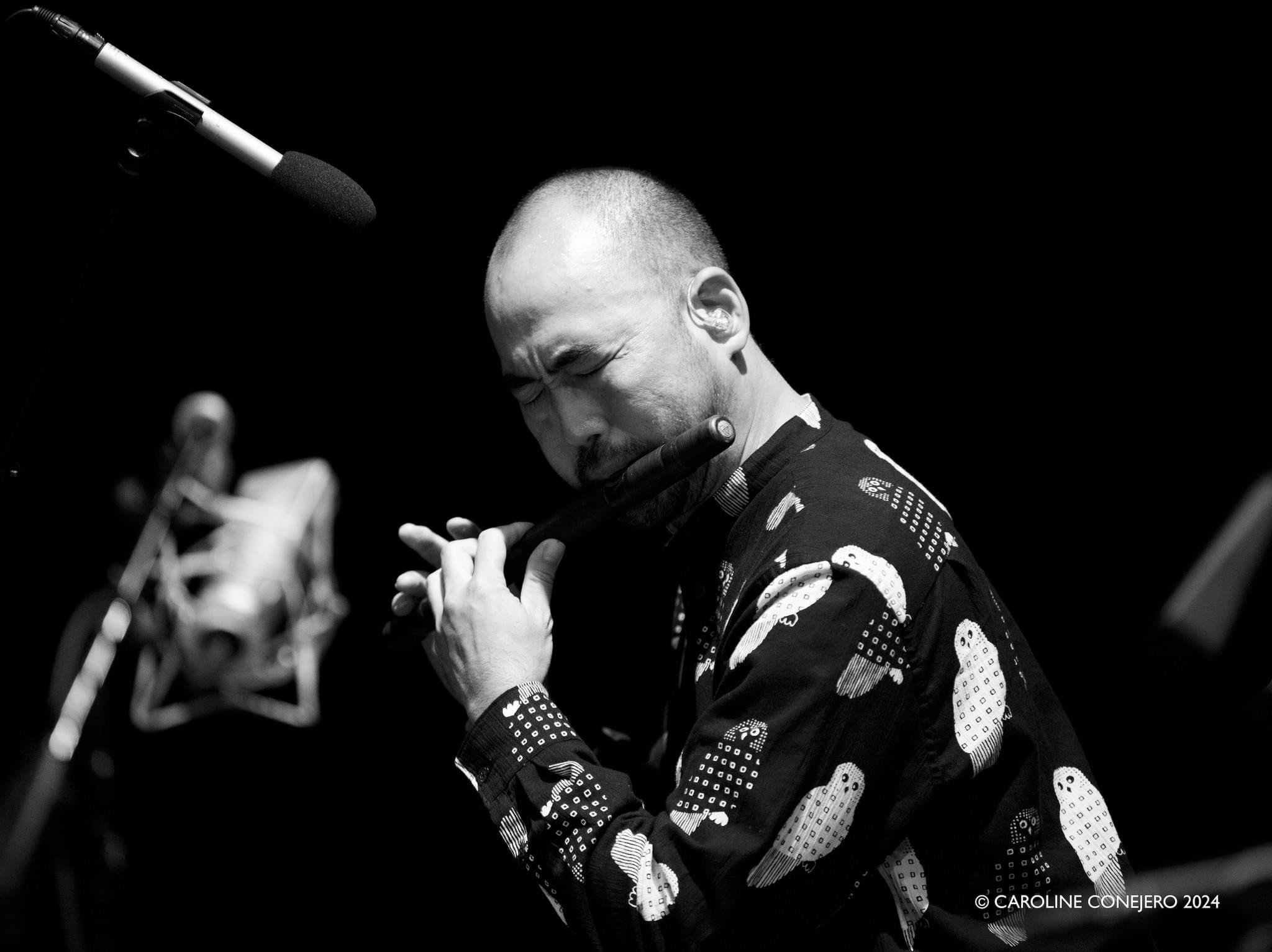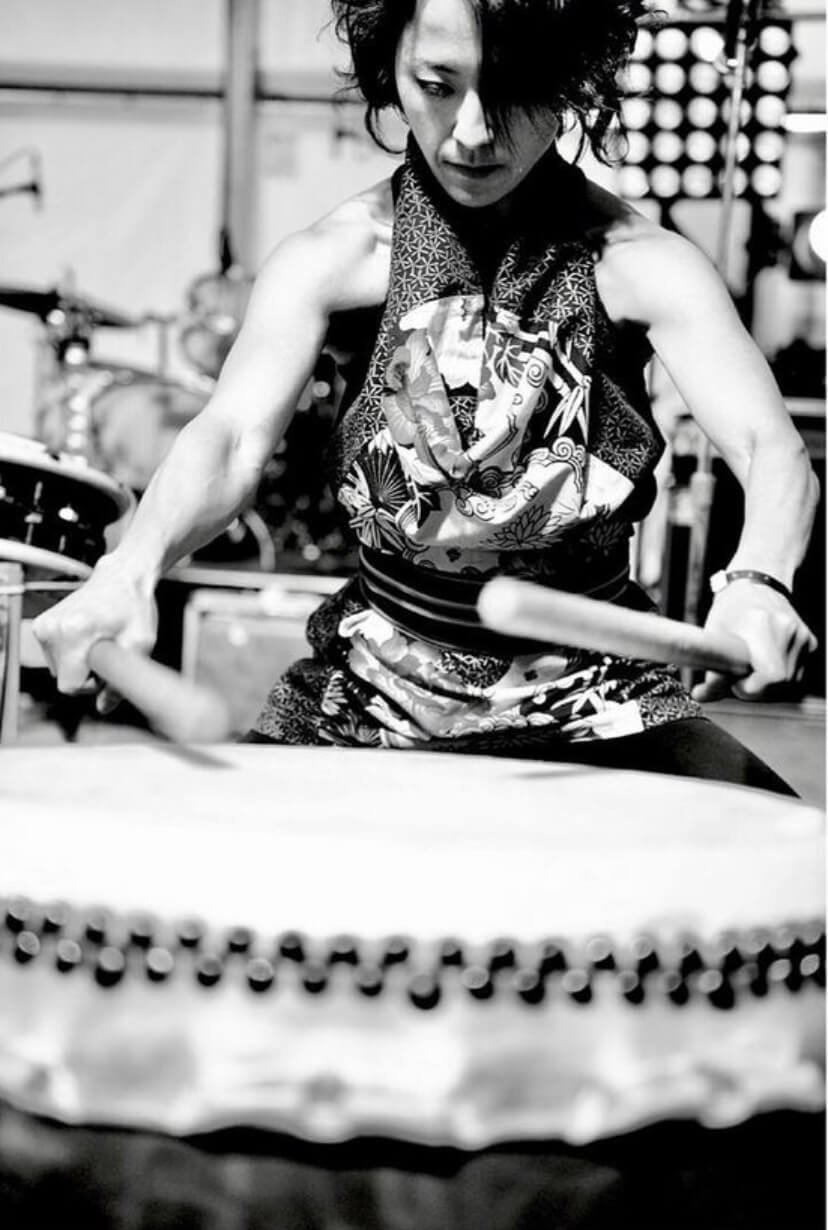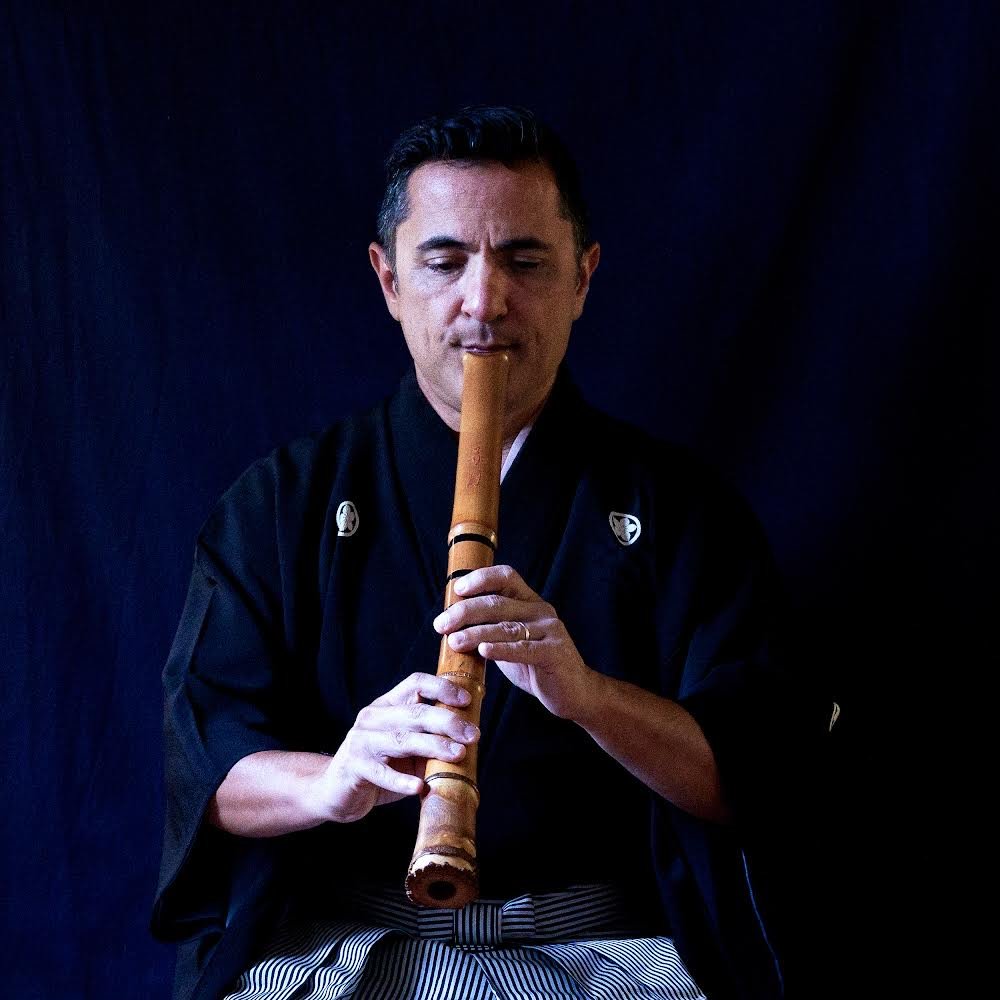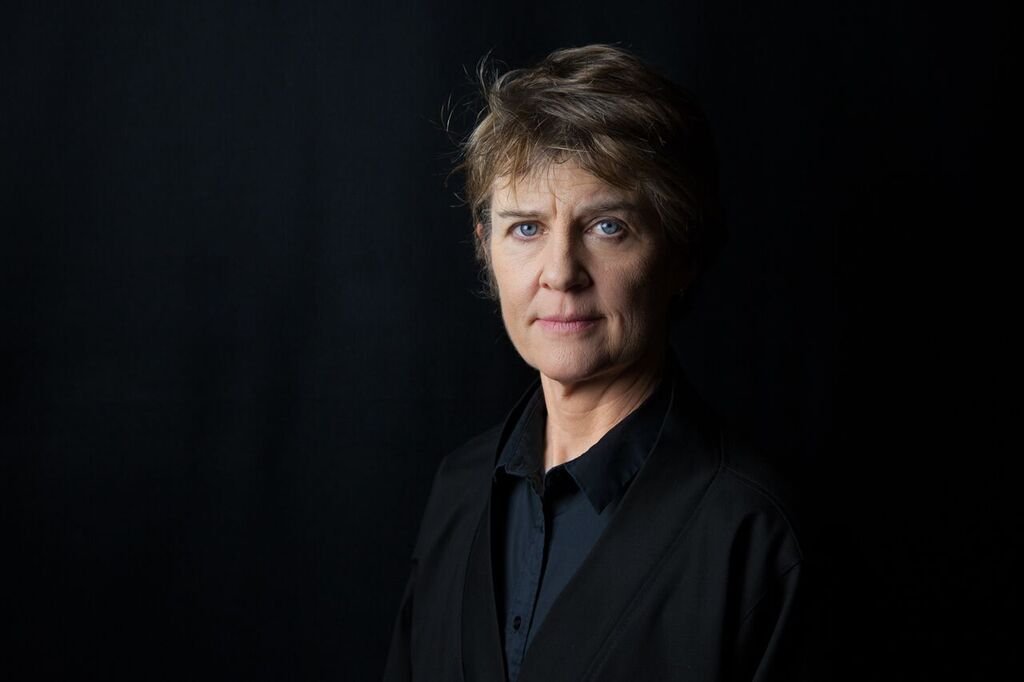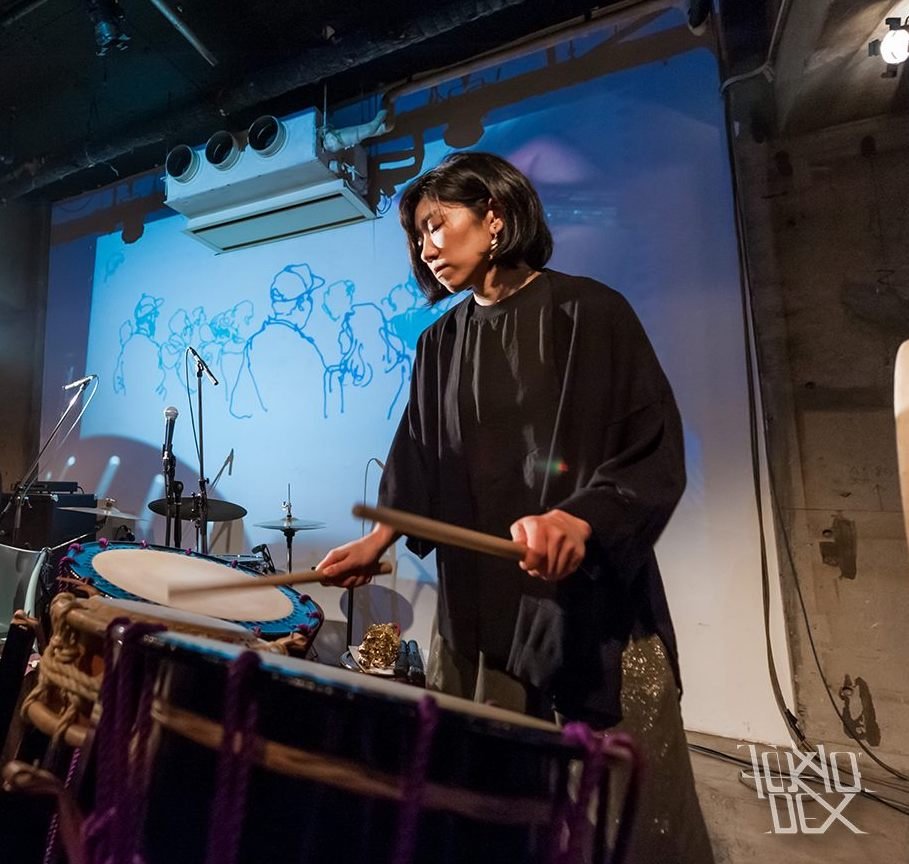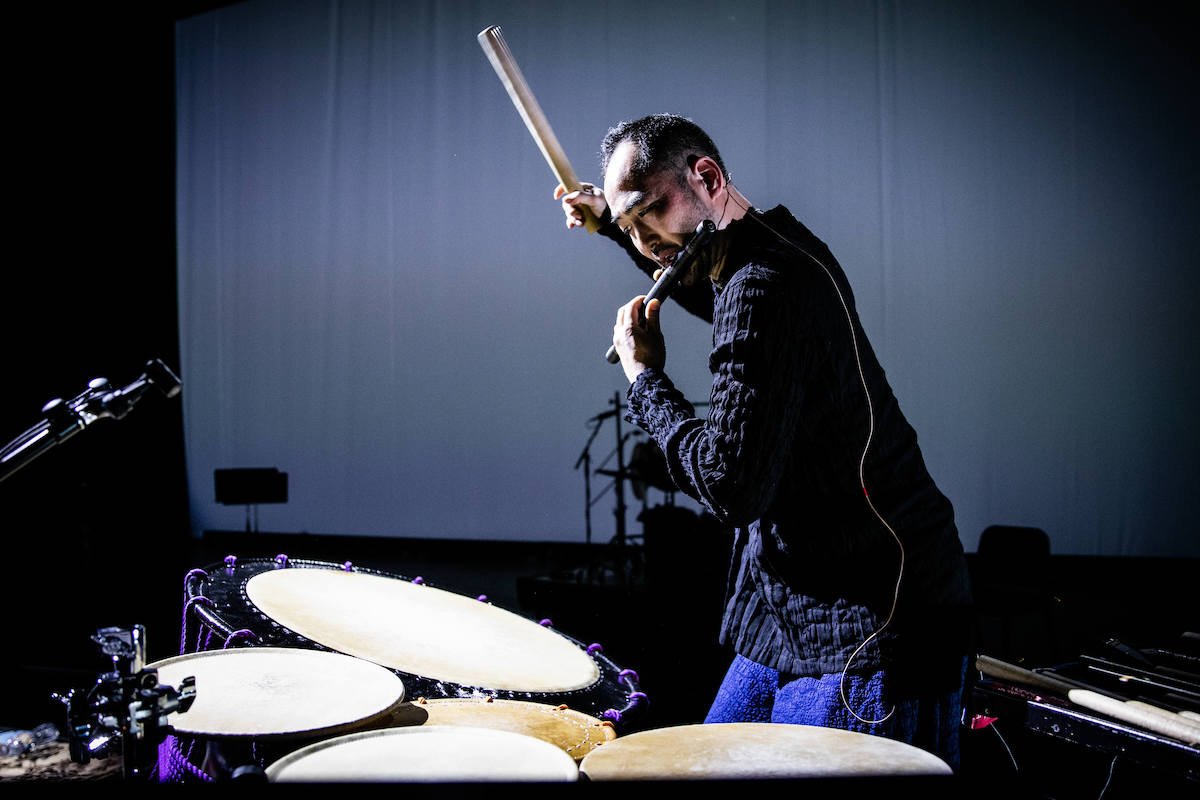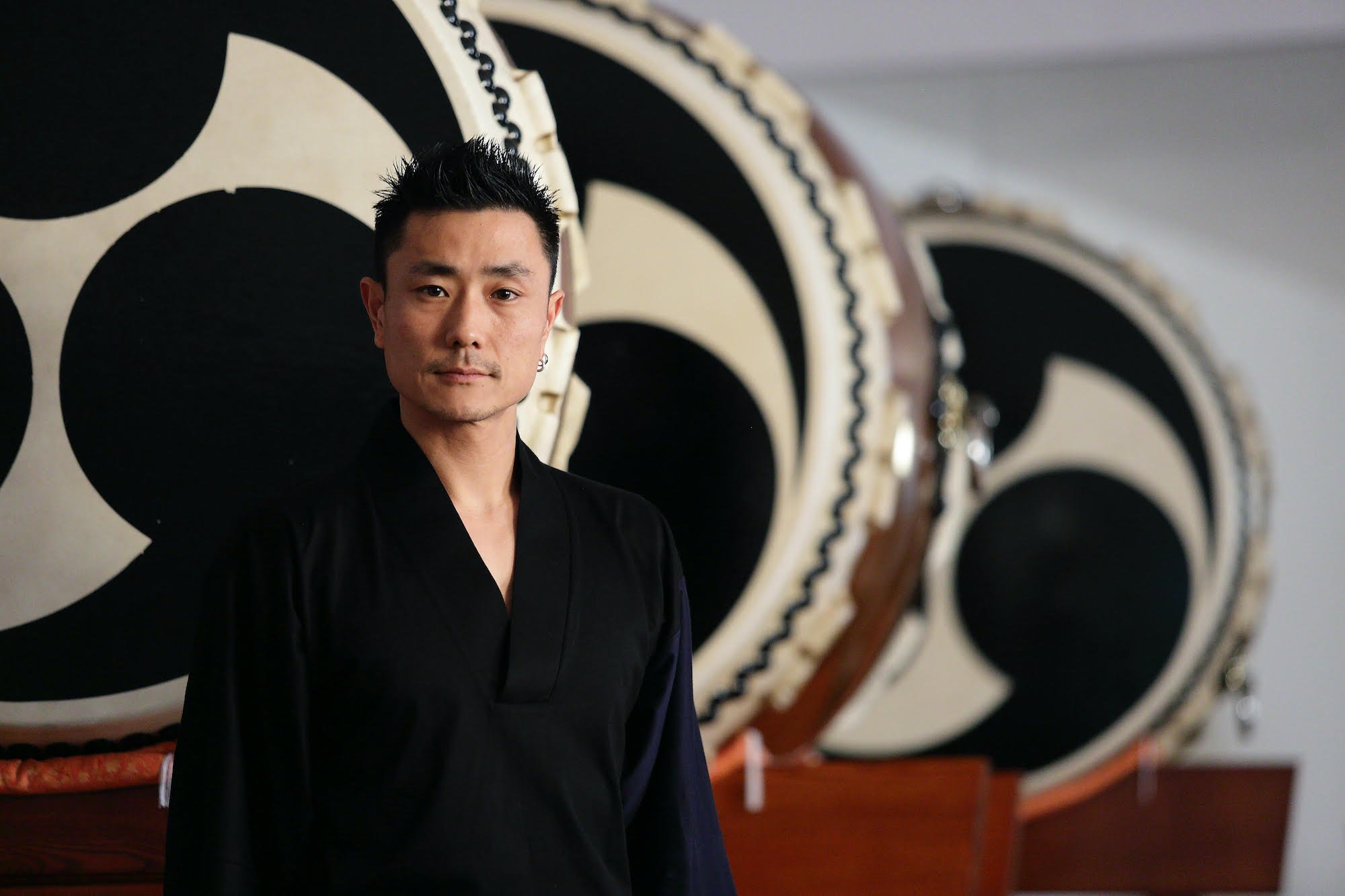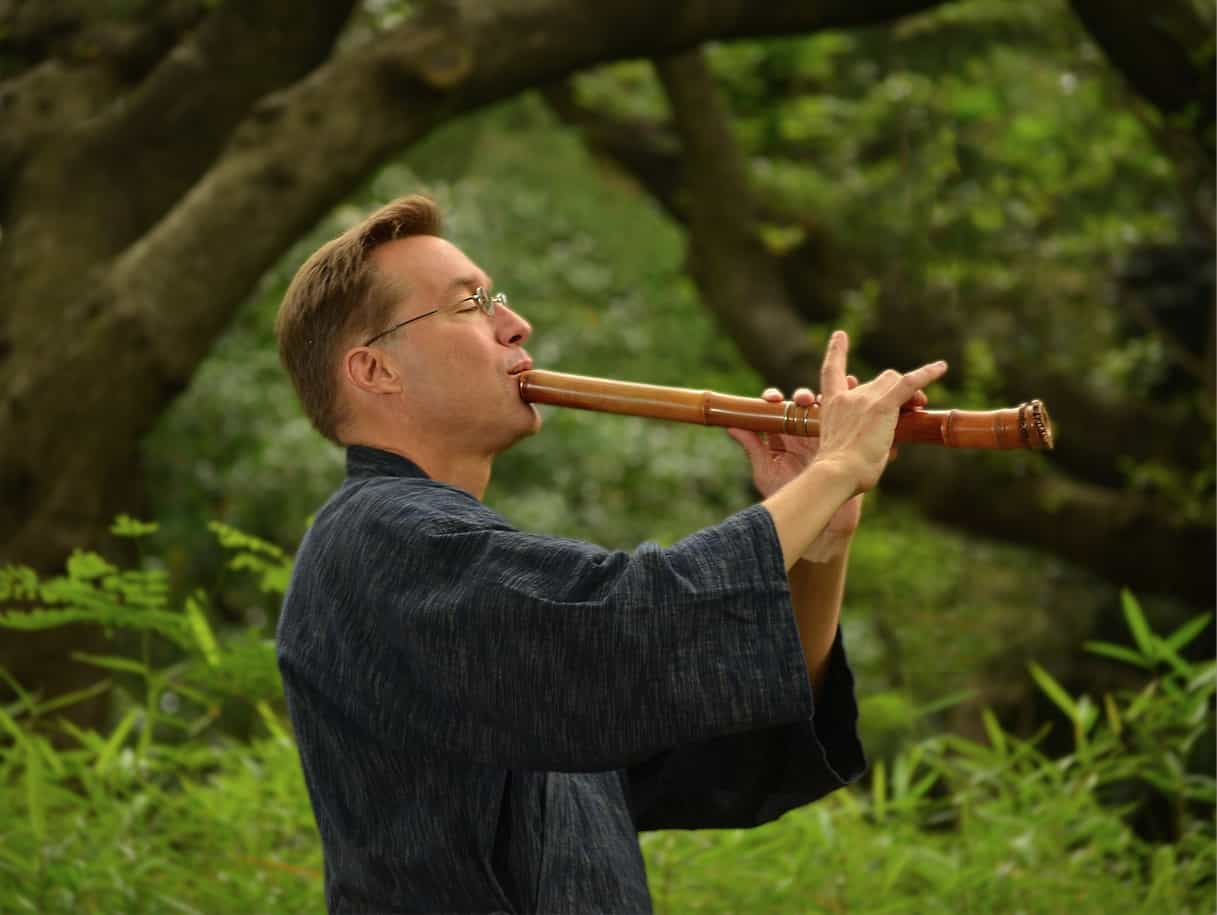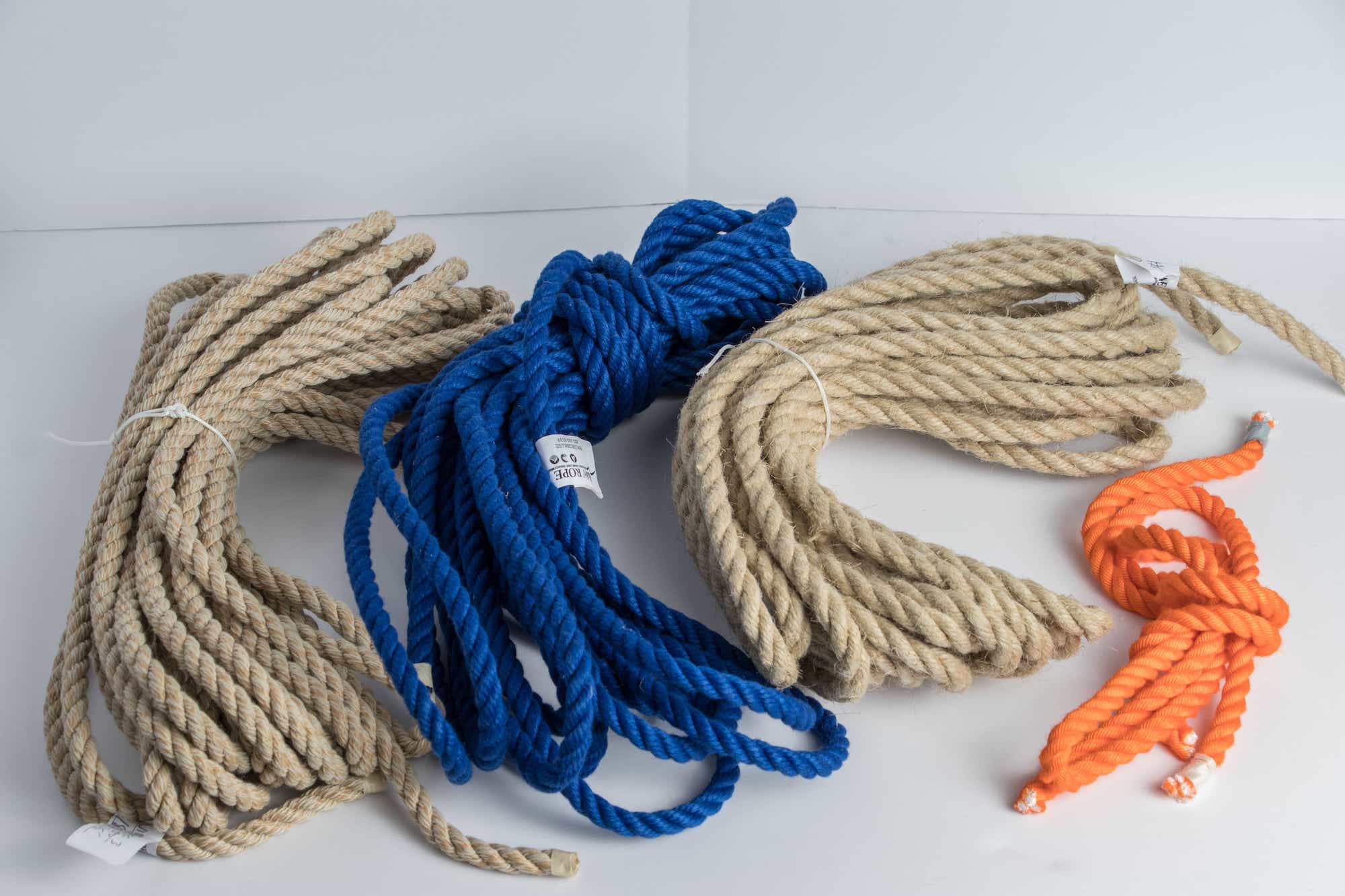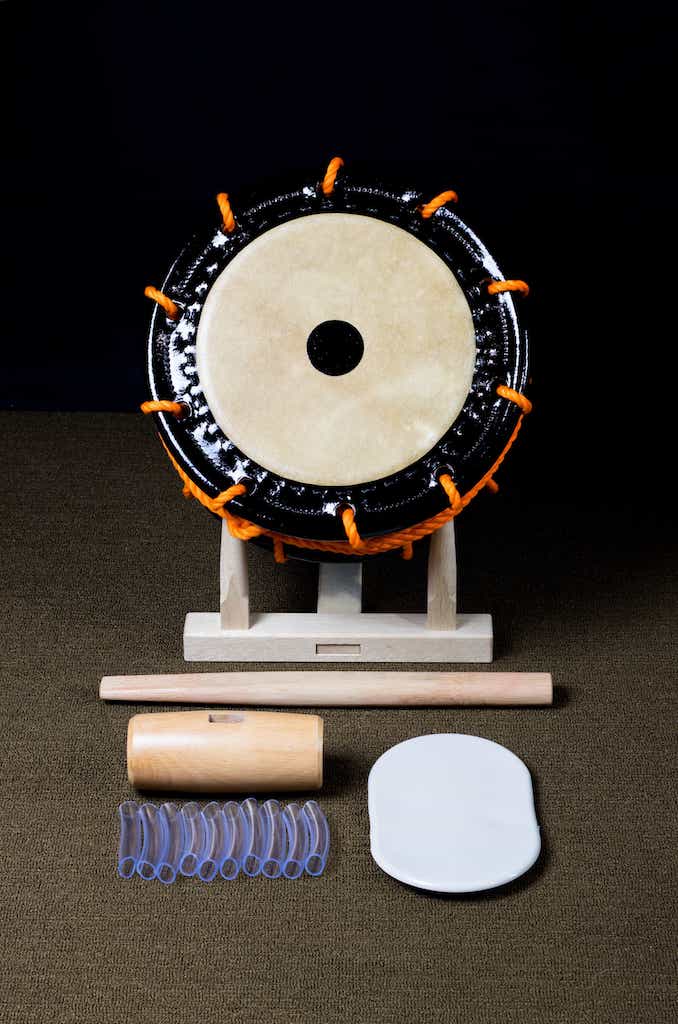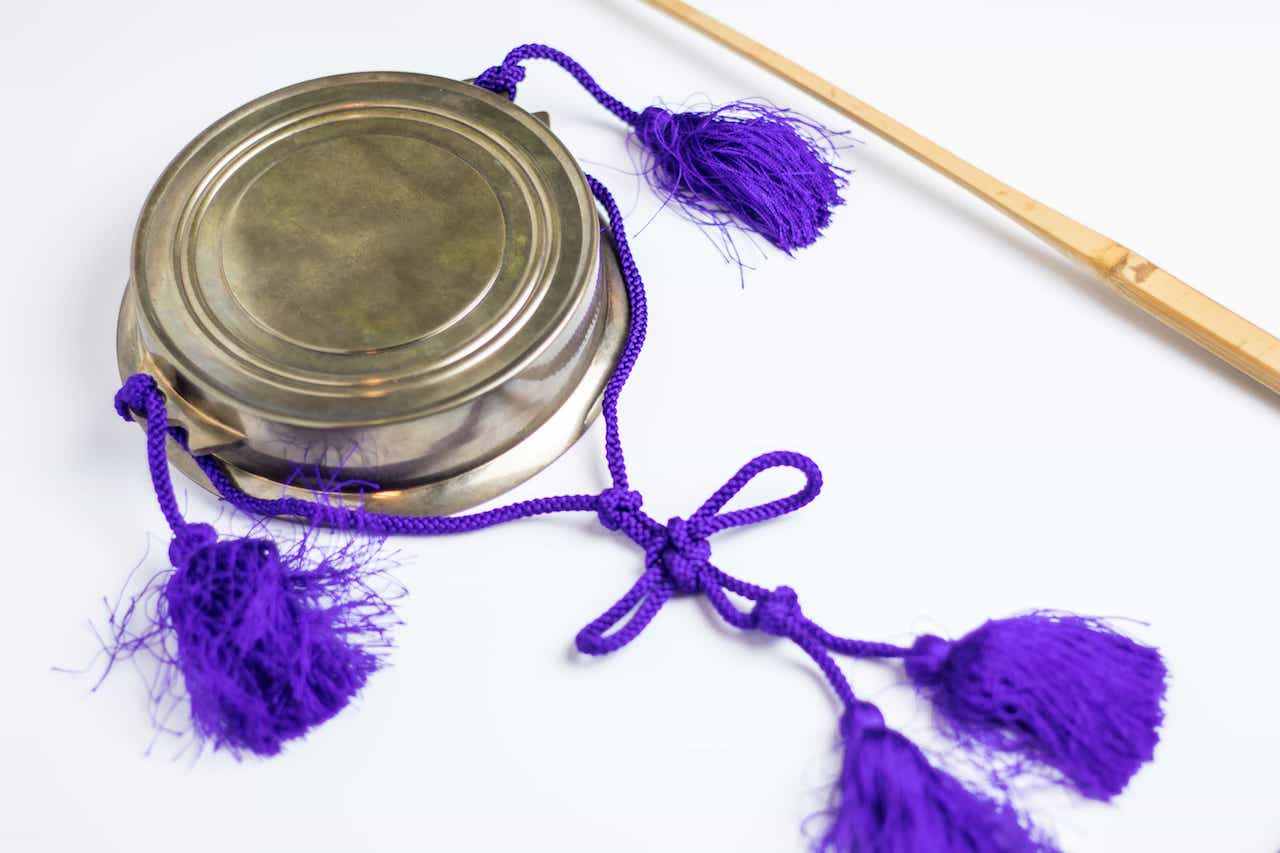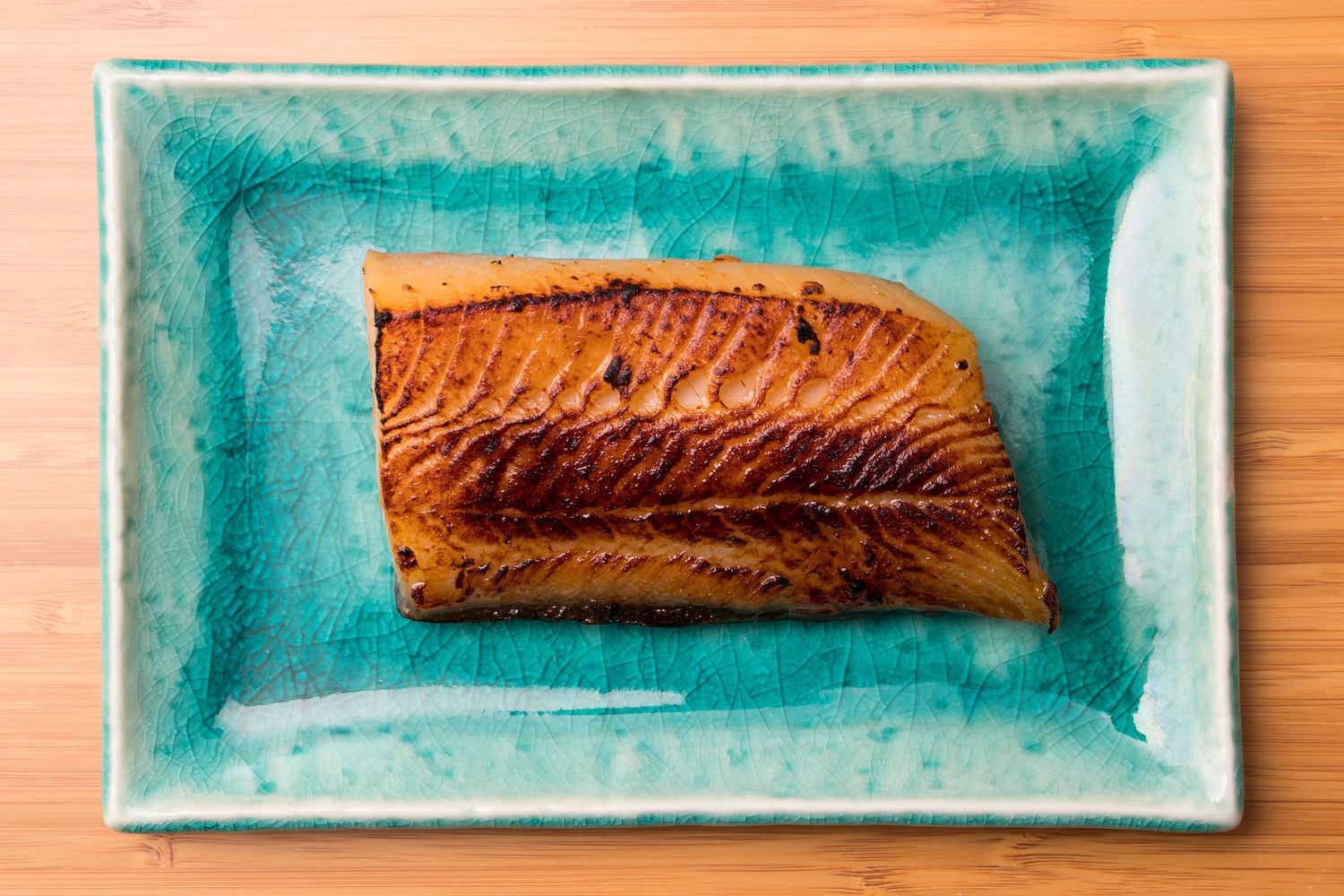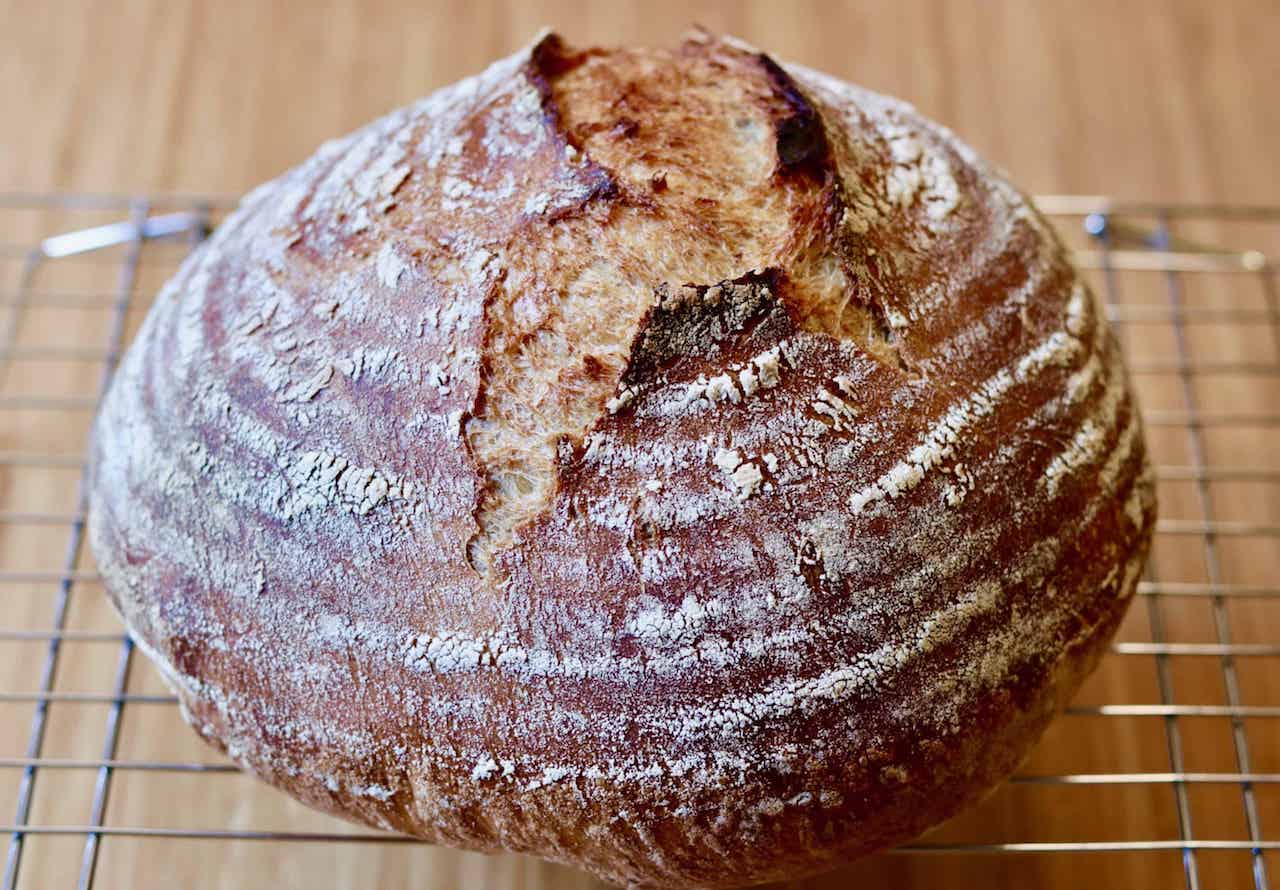Interview: Abe Lagrimas, Jr. talks music, working with taiko players, and his new album
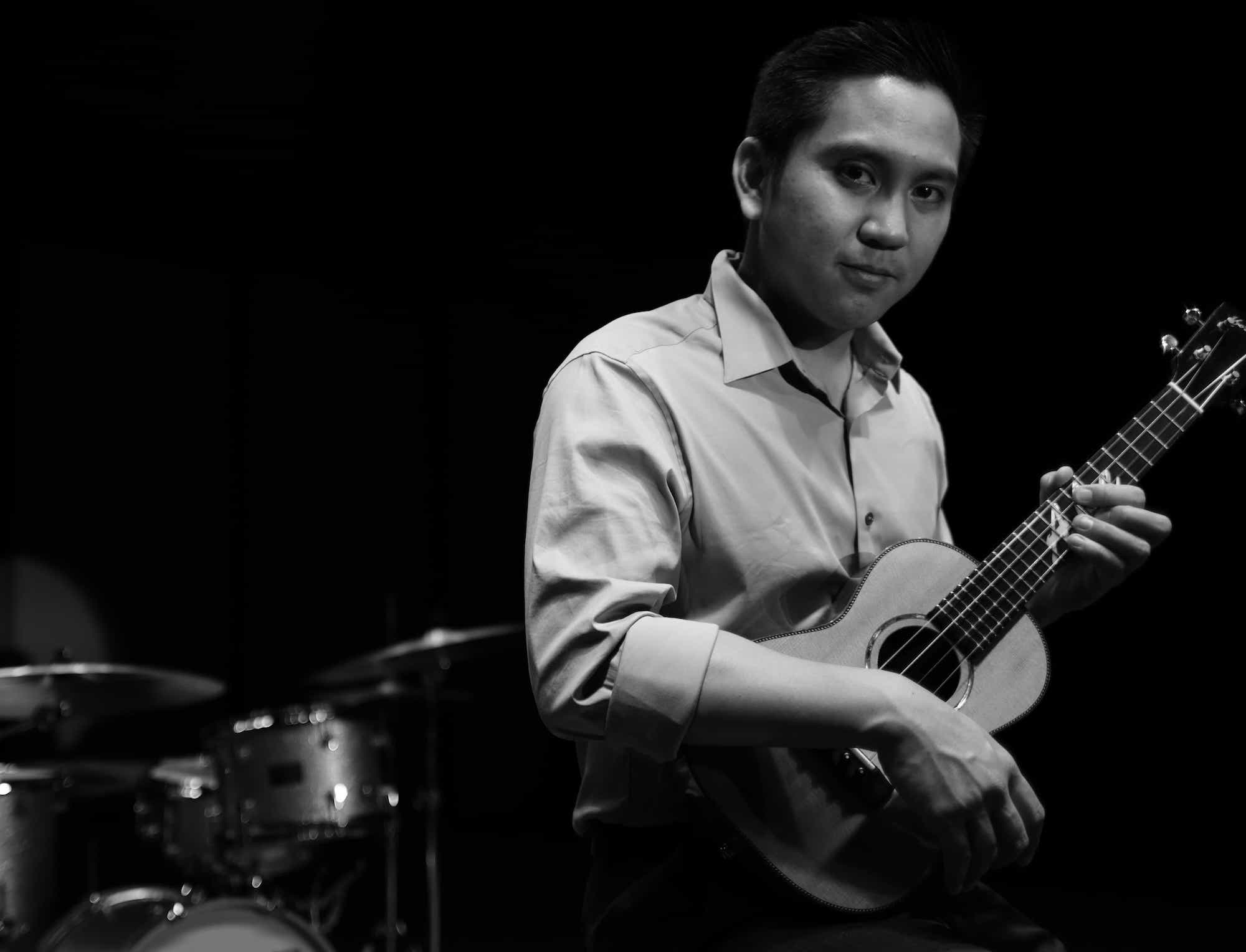
Abe Lagrimas, Jr. (photo by Greg Hatton)
I recently had a fun conversation with Abe Lagrimas, Jr., a Los Angeles-based musician, composer, educator, and author. Abe and I have been working for the past several years as members of On Ensemble and it's always a pleasure to share the stage together. He is an outstanding musician who plays drums, vibraphone, and ukulele, and consistently adds color and spark to elevate the music. Audiences love his technical flair, yet as a bandmate I truly appreciate Abe's fine-tuned ear and his flexibility to instantly adapt to any situation. He makes any band sound better and it's no surprise to learn that he is very much in high demand. In addition to On Ensemble, Abe and I have worked extensively with the preeminent taiko artist Kenny Endo. It's always interesting for me to chat with musicians with similar points of view, and as a jazz musician, Abe had some very insightful observations about working with taiko players. It would be wonderful if everyone shared such an open and forward-thinking mindset about art, culture, and everyday life. This conversation also contains more humorous bits than usual, reflecting Abe's easygoing personality.
The interview features music from Abe's fantastic new self-titled album. The excerpted tracks are: Alternate Route, Sunday Dance, Nu'uanu Mist, End Of The Road, and Tanimoto. The album features a great group of musicians playing Abe's jazz-leaning original compositions, expressing a nice balance of varying feels, tempos, and moods. The links for the CD and digital download are below, and I highly recommend you check them out. Abe's website is also worth visiting to learn about upcoming shows, find his previous albums, and sign up for his newsletter.
Website
abelagrimasjr.com
Physical Album
https://squareup.com/store/abelagrimasjr/item/abe-new-cd
Digital Download
https://passoutrecords.bandcamp.com/album/abe-lagrimas-jr
Abe Lagrimas, Jr. is a musician, composer, educator, and author who plays the drums, vibraphone, ukulele, and studied at Berklee College of Music in Boston, MA. In 2012, he competed in the highly prestigious Thelonious Monk International Jazz Drums Competition and has worked with many artists such as Eric Marienthal, Eric Reed, Kamasi Washington, Dontae Winslow, Barbara Morrison, Michelle Coltrane, Jake Shimabukuro, Kenny Endo, and continues to be an in-demand session musician in Los Angeles.
As a solo ukulele artist, Abe is a Nā Hōkū Hanohano Award recipient and has released multiple albums in the United States, Japan, and South Korea. Abe has been featured at ukulele festivals in Los Angeles, San Francisco, Palm Springs, Reno, Chicago, New York, and Hawaii. His international performances include Hong Kong, Japan, Thailand, Philippines, Australia, Canada, Czech Republic, Great Britain, and toured extensively throughout China having performed in twelve cities.
Abe is also an educator and has authored the first ever ukulele curriculum for instrumental music programs in schools titled “Ukulele Ensemble, Beginning Ukulele - Level 1”published by Consonus Music Institute. His latest book "Jazz Ukulele: Comping, Soloing, Chord Melodies" (Berklee Press & Hal Leonard) is available in stores worldwide and on Amazon.
